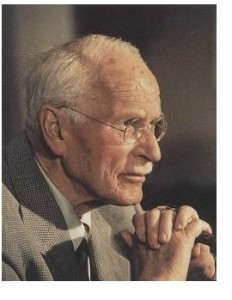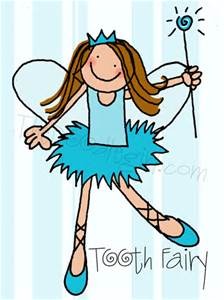During the night as I dream, I do many things that I would never imagine myself doing in my awake life. I commit murder, adultery, theft, and other horrifying actions. When the “I” of the dream does these outrageous things, the awake person often feels shame and responsibility as if she had actually done them. Identifying with the self who appears in the dream can be a detriment to gaining valuable information from a dream.
The shame a dreamer feels for what she did during the dream often causes her to discard the dream rather than experience the bad feelings of the dream or the bad feelings about the dream. Separating the awake self from the dreaming self is so important. In that way the awake person can gain insight that the unconscious is trying to communicate. For example, here’s the image that a dream brought to me:

The night after a serious conversation with my sister, I had such a dream! Imagine an empathic, kind person in my waking life, and night was driving a kitchen knife into my sister! If I dismissed the dream because the “I” of the dream was so hideous to my awake sense of self, I would have lost information about myself. I learned from the dream that I was mis-using my sharp insight. What would have been useful to “pare down” a big issue, instead made my sister feel bad about herself.
Because of the dream I was able to go back and rectify the situation. So the dream brought to my attention the unconscious way the empathic, kind person I thought myself to beI had been a “murderer.” The dream self introduced my shadow self to my awake self.
More later on this topic because the relationship between the dreamer and the “I” of the dream is so important!




